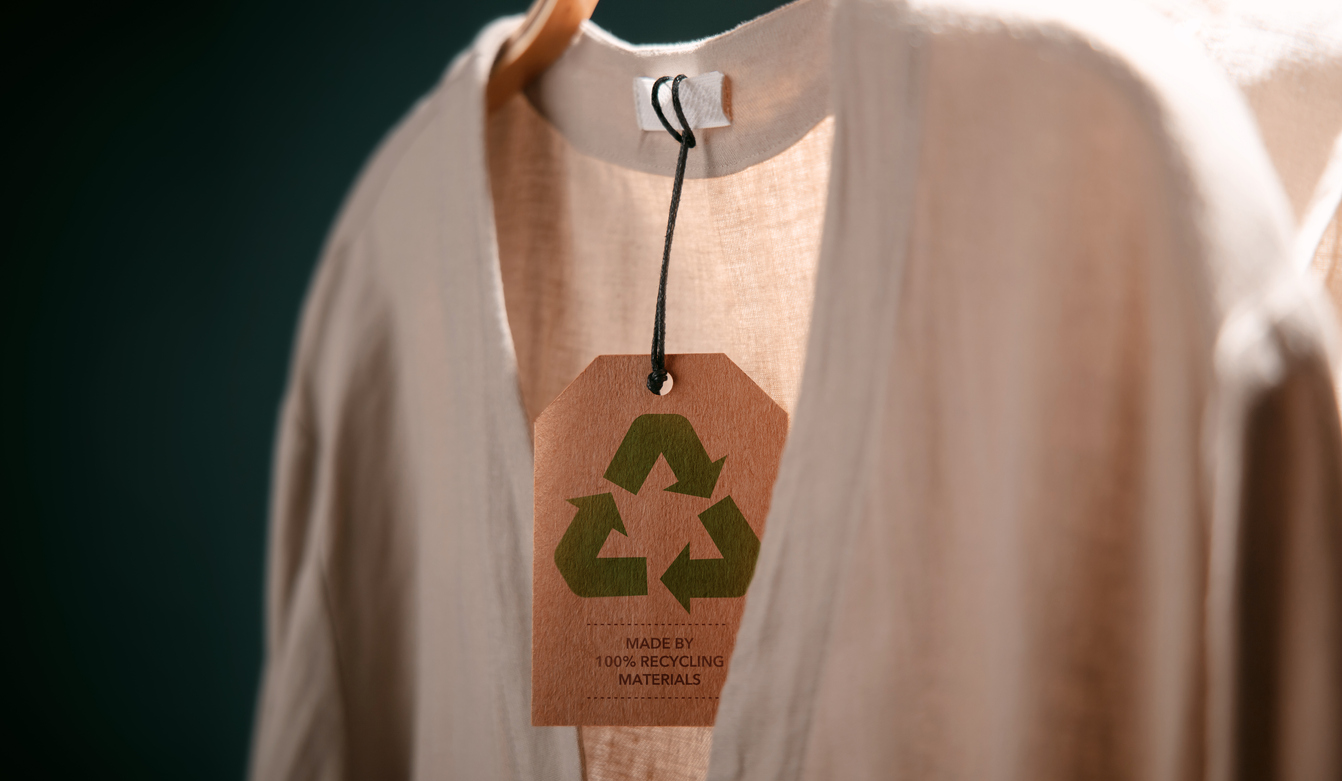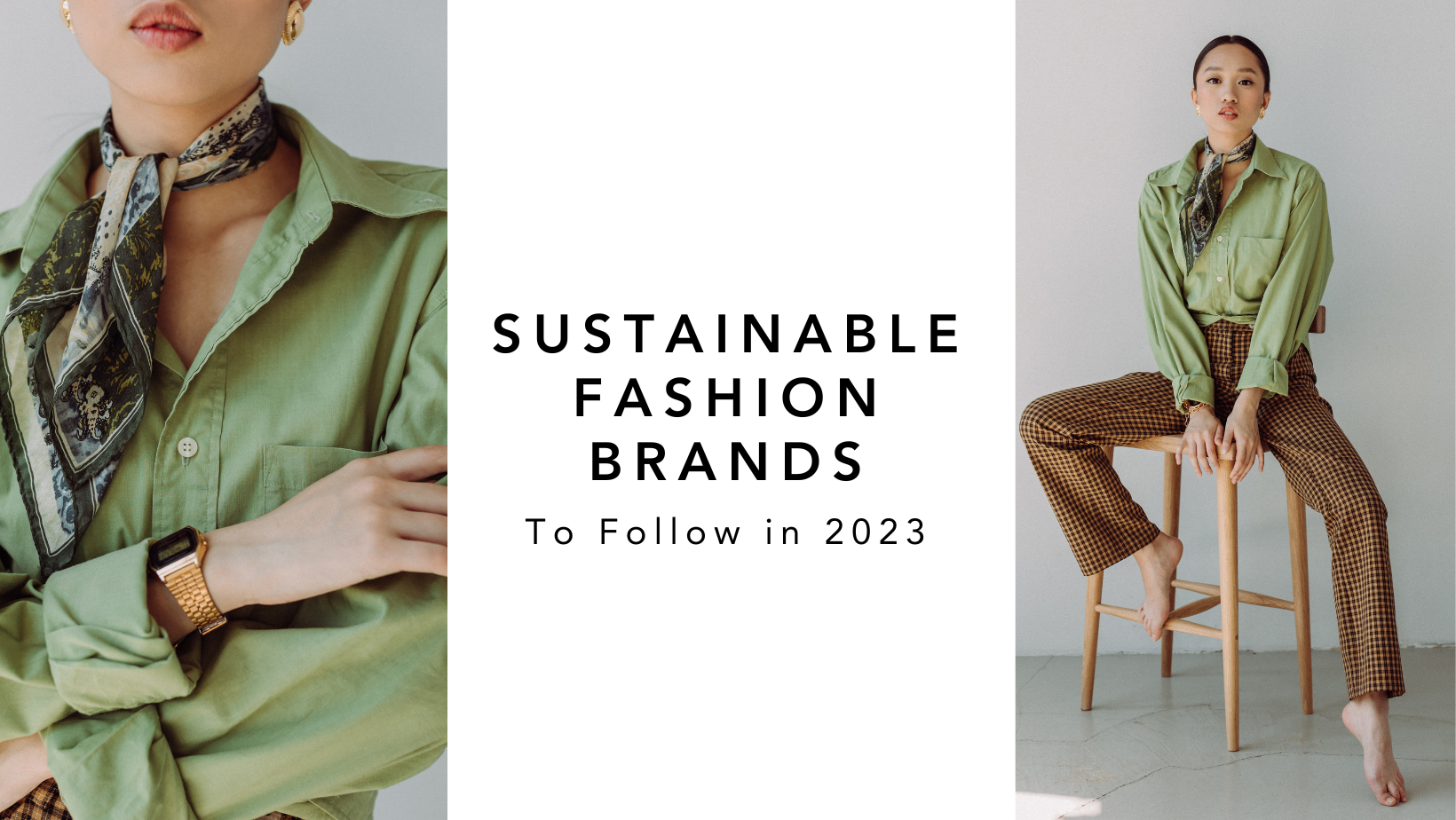Exactly How Cape Town Sustainable Fashion is Forming Eco-Conscious Buying
Exactly How Cape Town Sustainable Fashion is Forming Eco-Conscious Buying
Blog Article
Remain Ahead of the Curve by Exploring Ingenious Style Fads
In a market as dynamic as style, staying in advance entails more than just adhering to existing patterns-- it requires an expedition of technology. The convergence of modern technology and style advertises a new age of consumer engagement.

Embracing Smart Textiles
In recent times, the garment industry has witnessed a transformative shift with the assimilation of clever textiles, an advanced advancement that mixes technology with fabric. This evolution stands for not just a fusion of appearances and performance yet also a significant leap in the direction of sustainability and customization in fashion. Smart fabrics, likewise called e-textiles, embed innovative electronics such as sensors and conductive strings within the textile, enabling garments to interact with the user or the environment.
These textiles are developed to keep an eye on physiological criteria, such as heart rate or body temperature level, supplying real-time wellness analytics. Past health and wellness applications, wise fabrics are additionally being used for flexible apparel, which can change color or pattern in reaction to ecological stimulations, therefore using a dynamic style experience.
Moreover, the development of energy-harvesting textiles that produce power from activity or sunshine is leading the means for self-dependent wearable innovation. This innovation is attracting environmentally conscious consumers and designers aiming to decrease the environmental footprint of fashion. As r & d in this area development, wise textiles are expected to come to be significantly prevalent, reshaping the landscape of modern style with their multifunctional capabilities.
The Increase of 3D Printing
Transforming the manufacturing landscape, 3D printing has actually arised as a game-changer in the apparel industry. This sophisticated modern technology has made it possible for designers to push the borders of creative thinking, generating intricate and tailored garments that were previously unimaginable. By leveraging electronic style and additive manufacturing, 3D printing helps with the development of complex geometries and patterns, enabling developers to experiment with brand-new textures and structures.
A significant advantage of 3D printing in vogue is its capacity to generate on-demand, minimizing waste and lowering inventory requirements. This performance not just enhances production processes yet additionally enables quick prototyping, enabling developers to bring their visions to life in a much shorter timeframe. Furthermore, 3D printing sustains personalization somewhat unparalleled by conventional approaches, using unique styles and individualized fits tailored to individual customer choices.
The increase of 3D printing has additionally equalized style, making it available to arising designers who can now produce top quality pieces without considerable economic investment in typical manufacturing facilities. As technology proceeds to development, the fashion business is positioned to harness the full capacity of 3D printing, exploring new materials and methods that will undoubtedly redefine just how fashion is developed and created.
Sustainable Fashion Innovations
As the fashion business faces journalism need for environmental responsibility, lasting fashion innovations have emerged at the center of transformative modification. The growing recognition of ecological impact has actually fueled a shift in the direction of even more eco-conscious techniques and products. Brands and developers are currently prioritizing sustainability, incorporating methods that lessen waste and minimize carbon footprints.
One considerable growth is the rise of round style, which stresses recycling and upcycling to prolong the lifecycle of garments. This method not just minimizes waste yet likewise urges customers to embrace an extra mindful method to clothing intake. Additionally, using lasting materials, such as organic cotton, hemp, and recycled polyester, has actually gotten traction. These products call for much less water and power during manufacturing, dramatically reducing ecological impact.
Another innovation hinges on the adoption of ingenious dyeing techniques find more information that use all-natural dyes or waterless procedures, thereby reducing the vast amounts of water and chemicals typically used in find more information fabric dyeing. Additionally, innovations in biotechnology have caused the creation of lab-grown natural leather and materials, providing cruelty-free and environmentally pleasant alternatives to conventional products. Via these introducing efforts, the apparel industry is making significant strides in the direction of an extra lasting future.

Tech-Integrated Garments
Tech-integrated apparel represents a revolutionary fusion of fashion and technology, reshaping just how individuals interact with their clothes. This innovative domain is marked by the inclusion of clever fabrics and embedded electronic components, improving both capability and visual appeal. From physical fitness trackers installed in sports apparel to heated jackets managed using smartphone apps, tech-integrated apparel provides consumers extraordinary convenience and adaptability.
Pioneering brand names are driving this pattern, concentrating on creating garments that react to environmental stimuli or individual commands. For circumstances, some garments can alter shade or pattern in action to temperature shifts, while others include biometric sensors to keep an eye on health metrics like heart price or stress degrees. The seamless combination of modern technology right into fabrics also encompasses ecological sustainability, with initiatives to create self-cleaning fabrics or garments that change to Extra resources weather conditions, therefore decreasing the need for multiple layers.
Moreover, the introduction of wearable innovation is not simply limited to garments yet extends to accessories like watches and glasses, more broadening the scope of tech-integrated fashion. As the sector remains to introduce, the possibility for personalization and customization in garments expands, offering customers distinct, tech-enhanced fashion experiences that satisfy their individual needs and choices.
Future of Virtual Fashion
Over the last few years, the future of online fashion has become a transformative force within the industry, leveraging advancements in digital modern technology to redefine exactly how fashion is created, experienced, and consumed. By integrating augmented truth (AR), virtual truth (VR), and 3D style tools, designers can currently craft immersive and interactive experiences that transcend typical style boundaries. Virtual fashion permits the creation of garments that exist solely in digital environments, offering endless opportunities for development without the limitations of physical manufacturing.
This digital change not only provides chances for creative expression yet also addresses sustainability problems intrinsic in traditional style practices. Cape Town Sustainable Fashion. By eliminating the demand for physical resources, online fashion lowers waste and reduces carbon impacts. Moreover, the rise of digital fashion straightens with the boosting consumer demand for customized and special experiences, as virtual garments can be tailored and tailored to private choices easily

Verdict
The style sector's future lies in the integration of ingenious modern technologies and sustainable practices. Virtual style is poised to redefine consumer interactions.
In recent years, the style industry has experienced a transformative shift with the assimilation of wise fabrics, an advanced technology that mixes modern technology with fabric.As the style market grapples with the pushing requirement for environmental responsibility, sustainable fashion developments have actually emerged at the forefront of transformative modification.In current years, the future of virtual fashion has emerged as a transformative pressure within the sector, leveraging advancements in electronic modern technology to redefine just how style is developed, experienced, and eaten. The surge of online fashion straightens with the enhancing consumer demand for customized and distinct experiences, as virtual garments can be tailored and tailored to specific choices with simplicity.
The fashion industry's future lies in the assimilation of ingenious technologies and sustainable techniques.
Report this page